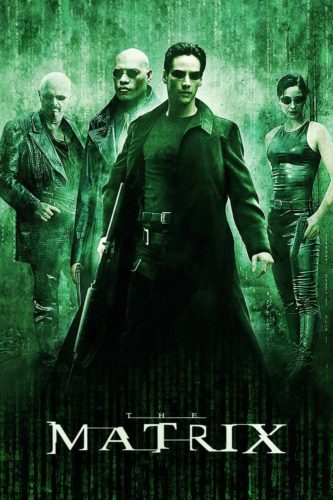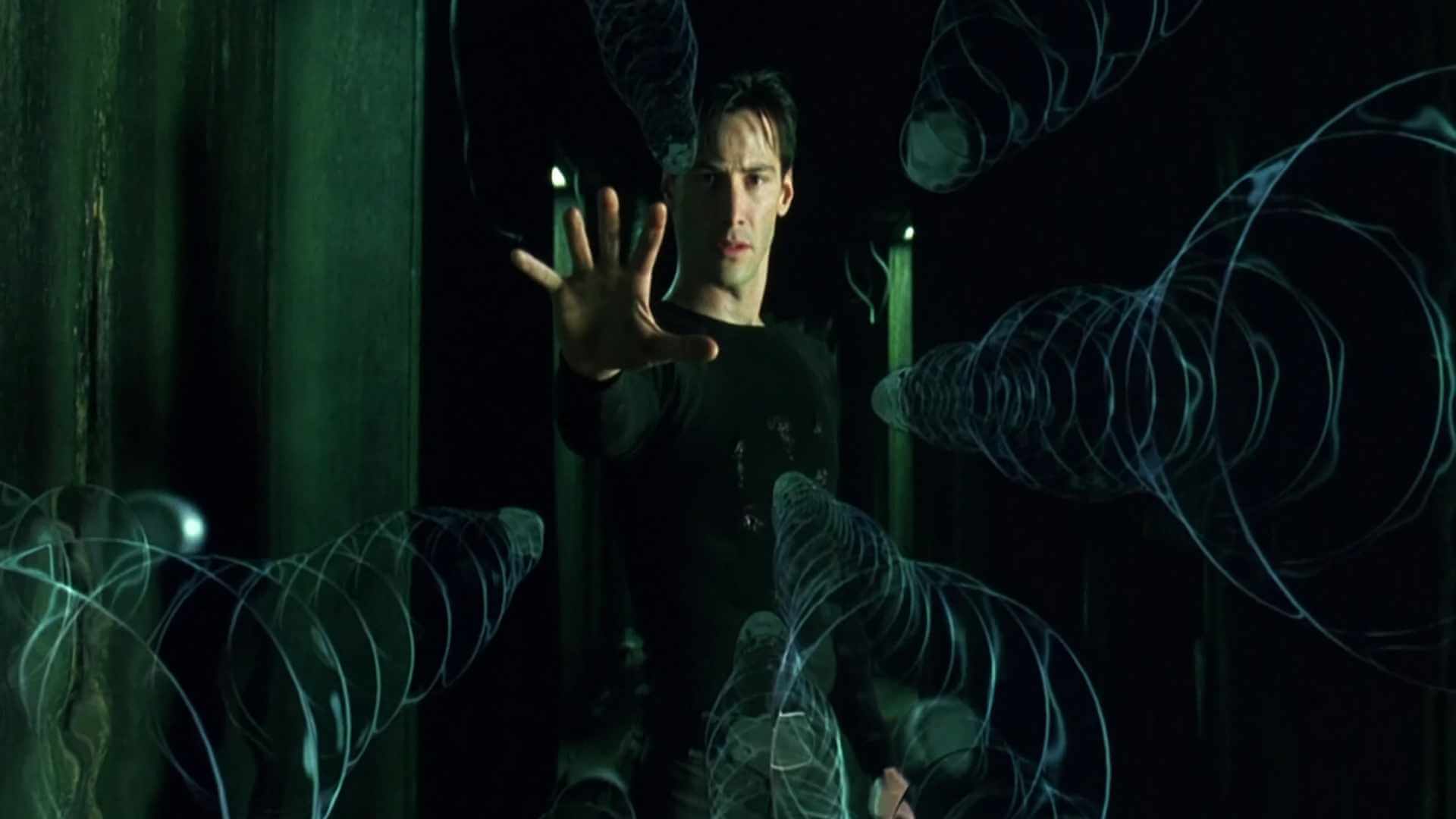The 1999 film “The Matrix”, directed by the Wachowski siblings, is a science fiction cult classic that presents a unique story in a dystopian future. The plot revolves around Thomas Anderson, also known by his alias Neo, played by Keanu Reeves. Neo is a computer hacker who discovers the truth about the world he lives in through mysterious messages and encounters with a man named Morpheus (portrayed by Laurence Fishburne).
The basic idea of the film is that all of humanity is trapped in a simulated reality called the “Matrix” while their bodies are controlled by intelligent machines in a post-apocalyptic world. The humans have no idea that their seemingly normal existence is just an illusion. Morpheus and his rebel organisation want to help Neo realise the truth and break out of the Matrix to free humanity.
“The Matrix” presents a number of fascinating and sometimes mad ideas. One of them is the concept of simulation, in which all of reality is created as a computer programme. This idea ties into the philosophical question of the nature of reality and challenges the idea that what we think is real is actually real. The film plays with the idea that our perception of reality can be manipulated and that we may be living in a world we do not control.
Another crazy idea in the film is the idea of humans as a source of energy for the machines. In the Matrix, people are hooked up to huge energy systems while their spirits are trapped in a simulated reality. This concept combines elements of science fiction, technology and philosophy to create a unique and often disturbing vision.






